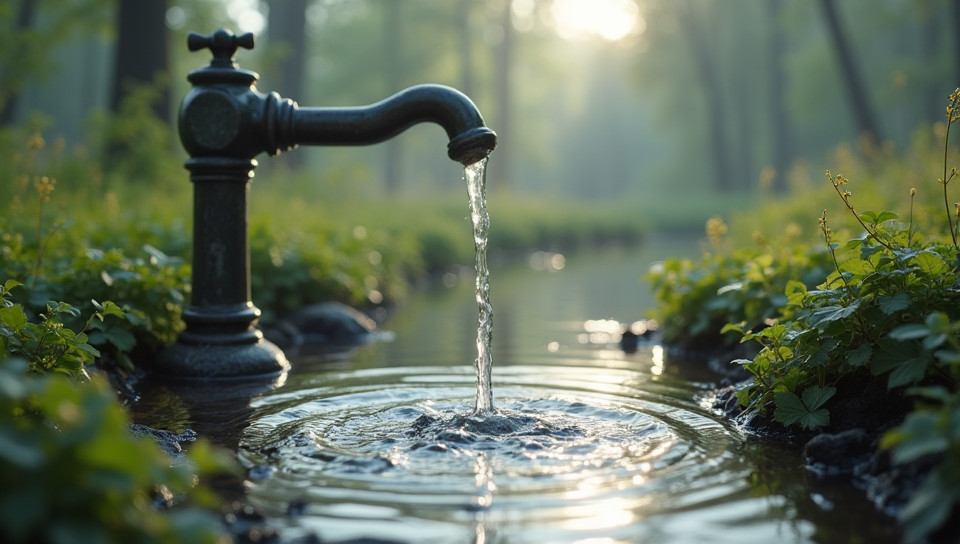Using too much water can waste precious liquid resources 86%

The Alarming Truth About Water Waste
As we go about our daily lives, it's easy to take water for granted. We turn on the tap without thinking twice, wash our hands until they're spotless, and even use a hose to clean our driveways and sidewalks. But have you ever stopped to consider the impact of our water usage? The truth is, using too much water can waste precious liquid resources, threatening not only our planet's ecosystems but also its future.
The Water Crisis: A Global Issue
Water is essential for human survival, yet millions of people around the world do not have access to clean drinking water. In fact, according to the World Health Organization (WHO), approximately 2 billion people live in areas where water scarcity is a significant problem. This lack of access can lead to severe health consequences, including dehydration and the spread of waterborne diseases.
The Consequences of Water Waste
When we use too much water, it not only affects our planet's ecosystems but also has economic and social implications. Some of the consequences of water waste include:
- Increased energy costs for pumping and treating wastewater
- Higher bills for households with inefficient appliances and plumbing systems
- Reduced crop yields due to inadequate irrigation
- Strained relationships between communities over shared water resources
Simple Ways to Conserve Water
There are many simple ways to reduce your water usage and help combat the growing water crisis. Here are a few tips:
- Take shorter showers (try aiming for 5 minutes or less)
- Fix leaks promptly, as even small drips can waste significant amounts of water
- Install low-flow showerheads and toilets
- Harvest rainwater for non-potable uses like watering plants
- Educate your family members about the importance of water conservation
Conclusion: Taking Action Matters
The issue of water waste is a pressing concern that requires immediate attention. By taking small steps in our daily lives to conserve water, we can make a significant impact on a global scale. Whether you're an individual, business owner, or community leader, it's essential to prioritize water conservation and take action today. The future of our planet depends on it.
- Created by: Adriana Gonçalves
- Created at: Aug. 19, 2024, 9:30 p.m.
- ID: 7738



